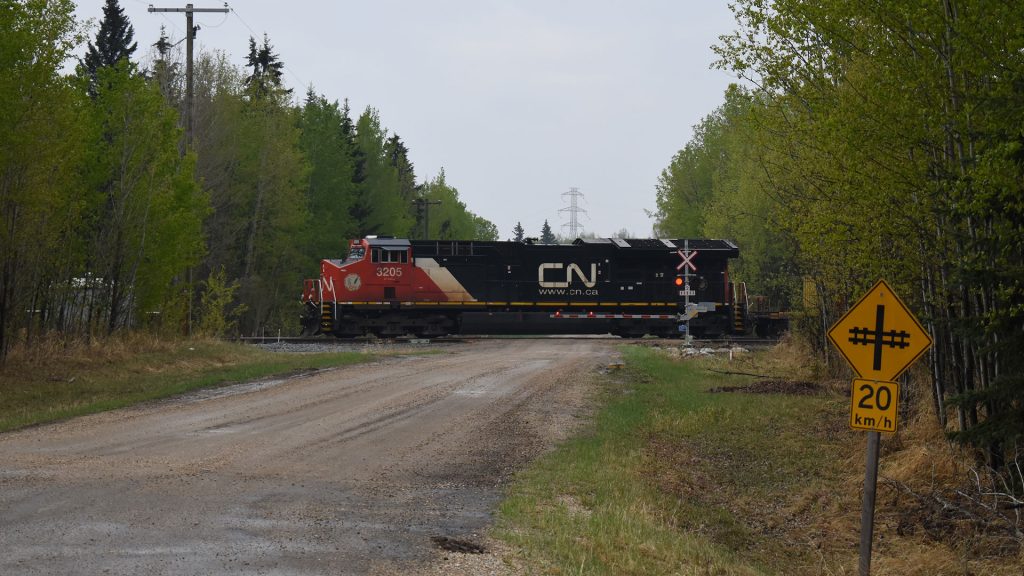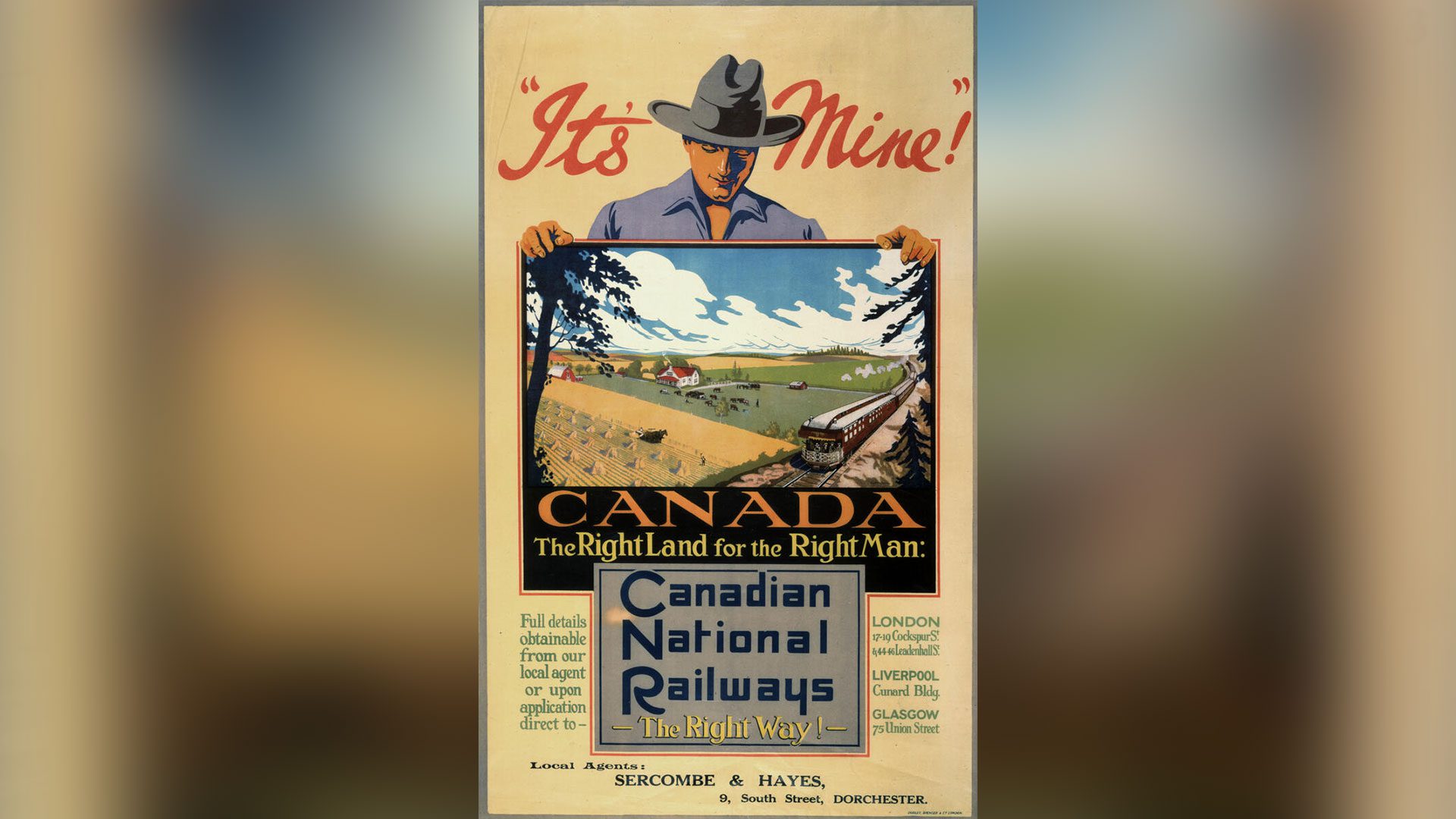
Photo: Danielle Paradis/APTN
Twelve members of the Indigenous advisory council for CN Rail have unanimously resigned citing disagreements between the group and Canadian Rail.
“As we step back from CN, we are earnest in our belief that CN has missed the mark on reconciliation,” said a joint statement from Roberta Jamieson and Murray Sinclair, the former commissioner of the Truth and Reconciliation Commission.
Sinclair told APTN News that a confidentiality agreement prevented him from providing information about the advisory council or its activities.
“We were retained and now the board has decided that because of disagreements over the implementation of our report we are all stepping down,” Sinclair said.
No other details about why the council resigned were released.
The advisory council consisted of 12 Indigenous participants including one Métis member and one Inuk member. Members included Phil Fontaine, former national chief of the Assembly of First Nations and Marie Delmore, a Métis woman who is a member of the Order of Canada.
A full list of the Indigenous advisory council members can be found on the CN website.
CN operates in eight provinces and runs through more than 200 Indigenous communities.
APTN reached out to CN about the resignations. In a statement, Oliver Chouc, senior vice president for CN and the person responsible for Indigenous relations, said that a “reconciliation action plan” will be released in 2024.
“CN is committed to its journey towards Reconciliation. That journey begins with a better understanding of history, and thoughtful commitments coupled with robust governance to measure our performance against those commitments,” said Chouc.
“Systemic changes require commitment and competency and Indigenous people with lived experiences provide an invaluable and essential perspective in leading that change. We are grateful for the IAC’s perspective,” said Chouc.
According to the 2015 Truth and Reconciliation Commission report, the railway was an important aspect of the colonization of the northwest. The report said that in 1870, British Columbia was brought into confederation by the promise of a continental rail link.

Rail history ‘came at the expense of Indigenous Peoples’ wellbeing and connections to their ancestral lands’
Novelist Pierre Burton called the national railroad the “spine of the empire” as it was a key tool in colonizing the northwest.
A 51-page impact report from 2022 where the advisory council made recommendations to CN was obtained by APTN.
The report shows a darker side of the story.
“Rail’s history, however, is also fraught with stories of dangerous and racialized labour, environmental degradation, and support for militaristic colonial endeavors that frequently came at the expense of Indigenous Peoples’ wellbeing and connections to their ancestral lands,” the report said.
There were stories from unnamed survivors of residential school in the report as well as members of the community who wanted to speak about the daily disruption of the railway.
“Railroad and Indian Act are joined at the hip. I never met a residential school survivor who didn’t go to school from a rail,” said a participant in the CN discussion groups about the effect of the railway on Indigenous communities.
The report said that, “for many Indigenous Peoples, the rail continues to be a symbol of forced separation and attempted genocide. Participants wanted to see CN take an active role in addressing this damage by contributing money to residential school survivors, erecting monuments along the rail lines, and supporting other healing initiatives for residential school survivors and their families.”
Still others are concerned about what they call “daily disruptions” to life due to the railway.
“They need to acknowledge that it’s not just the land, [rail lines are] travelling through homes, disrupting daily lives, and stopping people from accessing food,” said another participant.
One participant in the discussions expressed concerns about the behaviour of railway workers.
“When the boys [rail workers] come to a town, community, they treat the women like disposable debris because a) no one believes the victim (if they haven’t been killed or gone missing) b) no charges are ever laid. c) they don’t stick around long enough to care about the community they are in.”
It is not clear what issues the advisory council felt were not being addressed.










